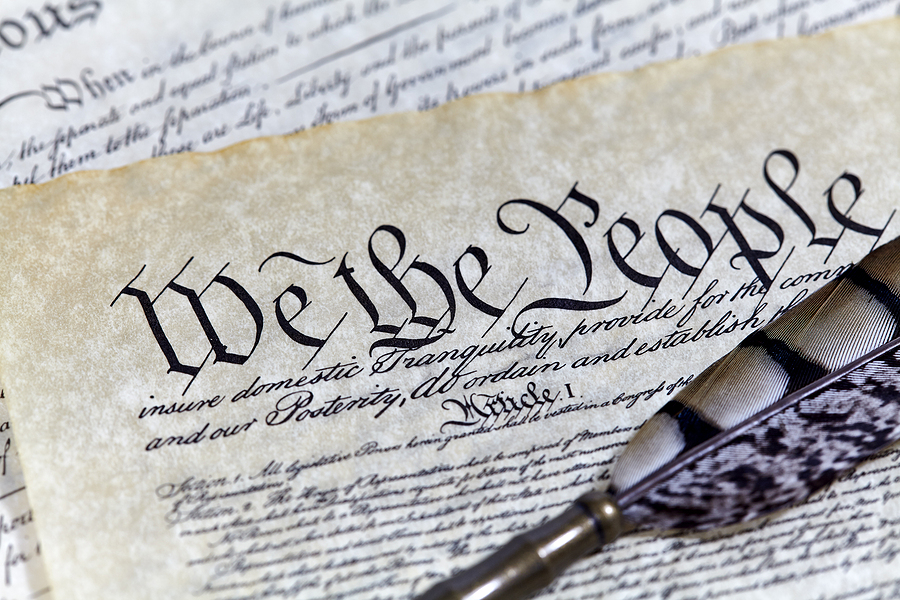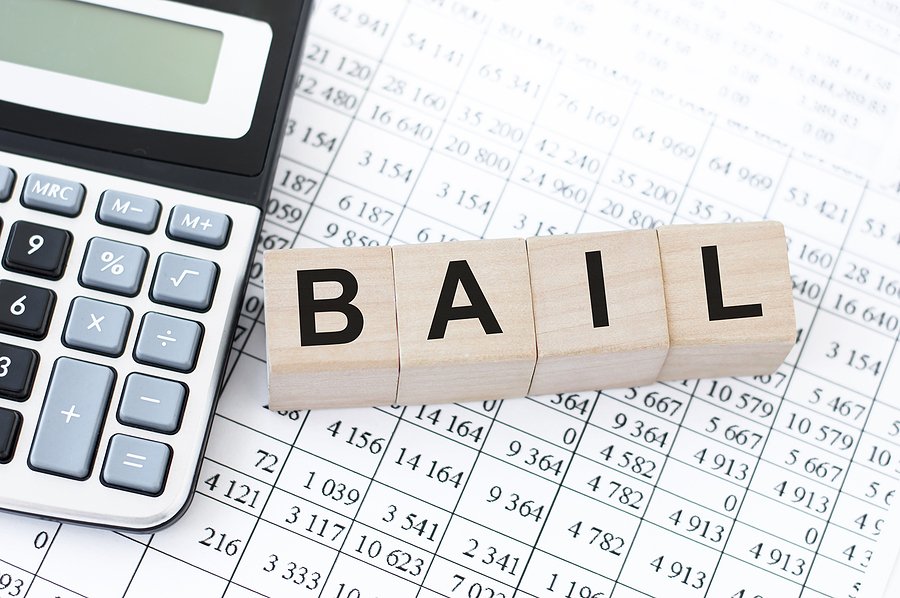Welcome to an in-depth exploration of one of the most complex legal concepts – criminal extradition laws, with a specific focus on Indiana. When a fugitive crosses over state lines, it triggers a series of legal procedures that involve both the state where the alleged crime occurred and the state where the fugitive is found.
In this post, we’re going to dissect Indiana’s stance on these laws, discuss the circumstances under which they extradite, and illuminate what this means for both law enforcement and the accused. Whether you’re a law student, an enthusiast, or simply a curious mind, this blog aims to shed light on this multifaceted issue. Continue reading to delve in!

What is Criminal Extradition?
First, let’s define criminal extradition. Extradition involves two states coming to an agreement over the transfer of a fugitive from one state to another in order to be tried for a crime committed within their jurisdiction. The Constitution gives Congress the power to develop laws to enable this process, and each state has its own version of these laws. In Indiana, if a person is accused of a crime in another state and has fled to Indiana, the Governor can order that individual be extradited.
Criminal Extradition Process in Indiana
The process for extradition begins when a governor receives what’s called “an application for extradition.” This document outlines the alleged offense committed by the fleeing fugitive and includes evidence such as fingerprints, photographs, or documents. The state then has to decide if they will accept the application and send the person back to stand trial. If they do, an arrest warrant is issued for the individual’s detainment.
This is where Indiana can be a bit tricky. The state does not have to extradite if:
1) The alleged crime isn’t recognized in both states
2) The accused has already been tried for the same crime in some other state
3) The accused is a resident of the requesting state, and they can be tried there.
The Governor also has the right to deny extradition if he or she believes it would be unjustified or cruel. In addition, Indiana’s law states that an individual who has been extradited cannot be prosecuted for any other offense in the state they are being extradited to, unless it is related to the offense for which they were extradited.
Fleeing is Never the Answer When Facing Criminal Charges
Remember, fleeing from one state to another does not mean you can escape justice. If you break the law in Indiana and then try to leave the state, you may be subject to extradition back to Indiana if caught by authorities. It’s important that you understand your rights and protect yourself before leaving the state.
Criminal extradition is a complex subject, but it’s important to understand if you want to stay safe and out of trouble. The more we know about Indiana’s criminal extradition laws, the better equipped we are in facing these challenging situations. With this knowledge in mind, we can move forward with confidence when crossing state lines.
The important thing to remember is that laws change, so make sure you stay up to date on the most current regulations. Taking the time to do your research is key in protecting yourself and avoiding criminal extradition charges. With all that said, we wish you luck and safety for any future journeys!
In Conclusion
Understanding Indiana’s criminal extradition laws is essential for anyone who wants to cross state lines. Knowing the ins and outs of these regulations can help protect you from legal complications and keep you out of trouble. Keep in mind that federal laws regarding criminal extradition apply to all US states, so make sure you’re familiar with them as well. Always remember to do your due diligence before traveling by researching local laws and staying up to date on changes.
Are you looking for help with an arrest warrant or bailing a friend out of jail? Contact Woods Bail Bonds at 317-876-9600 to learn what you need to know about your role in the Indianapolis bail bond process. We serve over 30 counties within Northern, Central, and Southern Indiana, so do not hesitate to call.
Related Posts:
Common Requirements for an Interstate Fugitive Extradition
FAQS About Criminal Extradition
What is Fugitive Extradition? Can it Happen to Me?









